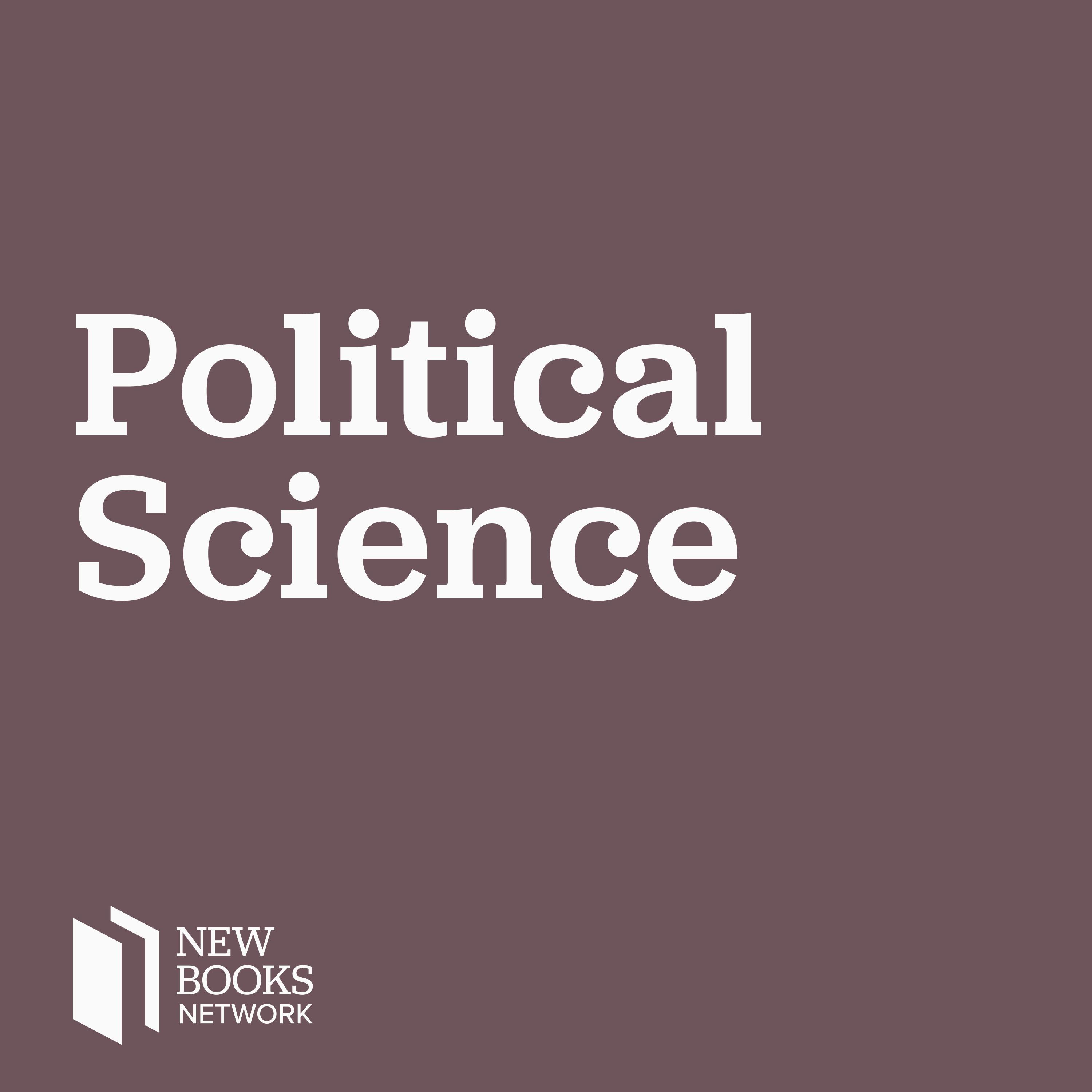Jonathan W. Hackett, "Theory of Irregular War" (McFarland, 2024)
Description
From Afghanistan to Angola, Indonesia to Iran, and Colombia to Congo, violent reactions erupt, states collapse, and militaries relentlessly pursue operations doomed to fail. And yet, no useful theory exists to explain this common tragedy. All over the world, people and states clash violently outside their established political systems, as unfulfilled demands of control and productivity bend the modern state to a breaking point.
Jonathan W. Hackett's Theory of Irregular War (McFarland, 2023) lays out how dysfunctional governments disrupt social orders, make territory insecure, and interfere with political-economic institutions. These give rise to a form of organized violence against the state known as irregular war. Research reveals why this frequent phenomenon is so poorly understood among conventional forces in those conflicts and the states who send their children to die in them.
Jonathan W. Hackett is a U.S. Marine with two decades of experience. He has held positions at the Defense Intelligence Agency, National Security Agency, Marine Forces Special Operations Command, and the Marine Corps operating forces prior to teaching full spectrum human intelligence operations and security cooperation in Dam Neck, Virginia.
Learn more about your ad choices. Visit megaphone.fm/adchoices
Support our show by becoming a premium member! https://newbooksnetwork.supportingcast.fm/political-science
More Episodes
Nationalism has long been a normatively and empirically contested concept, associated with democratic revolutions and public goods provision, but also with xenophobia, genocide, and wars. Moving beyond facile distinctions between 'good' and 'bad' nationalisms, Varieties of Nationalism:...
Published 05/04/24
This week, RBI Director John Torpey speaks with Amos Goldberg, Professor of Holocaust History at the Department of Jewish History and Contemporary Jewry at the Hebrew University of Jerusalem, about the ongoing war between Israel and Hamas. Among other rhetorical aspects of the conflict, Goldberg...
Published 05/01/24
When we think of censorship, our minds might turn to state agencies exercising power to silence dissent. However, contemporary concerns about censorship arise in contexts where non-state actors suppress expression and communication. There are subtle and not-so-subtle forms of interference that...
Published 05/01/24


